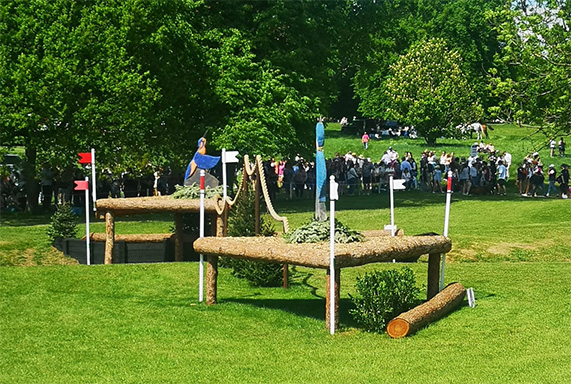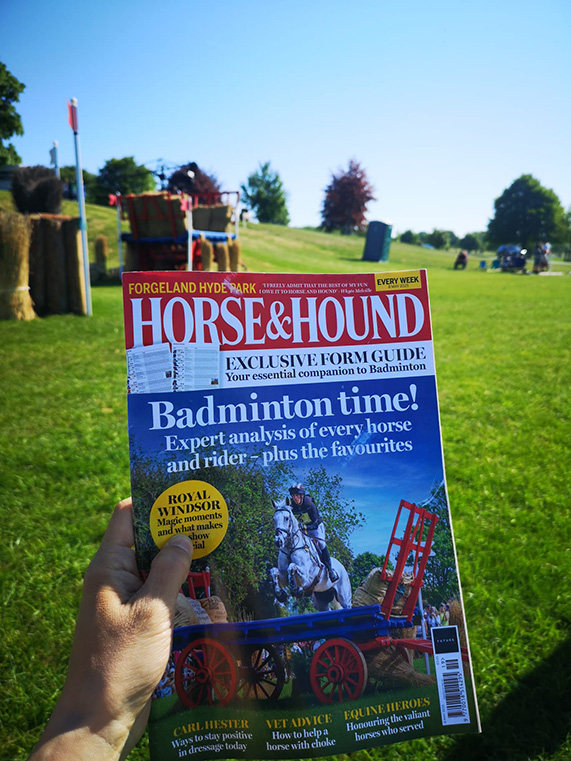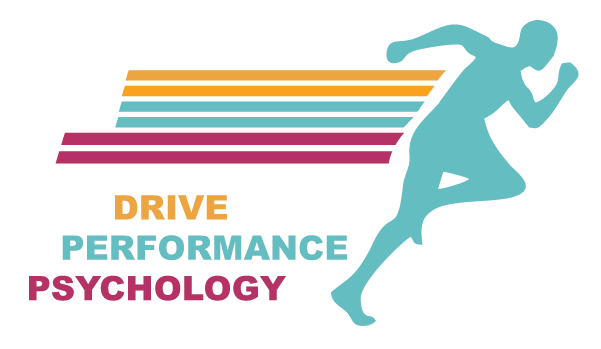

With that in mind, the level of focus and calm shown by the riders was striking. Even when things didn’t go exactly to plan, they made quick decisions, adapted, and carried on with control. This wasn’t by chance. It was clear evidence of strong mental preparation.
High-level riders don’t just train their horses and refine their riding. They also build mental tools that help them manage pressure, stay focused, and recover from setbacks. These are a few of the techniques I believe were on display at Badminton, and which riders at all levels can benefit from.
Many top riders use a routine to help them prepare mentally before cross-country. This could involve visualising the course, using breathing techniques, or repeating a phrase that helps focus their attention. These routines help settle nerves and create a sense of readiness. If you don’t already have one, it’s worth thinking about what helps you feel calm and prepared before a round. A short, consistent pre-performance routine can make a big difference.

Cross-country riding is intense and fast-moving. Riders need to stay in the moment, especially when things don’t go quite right. Grounding techniques can help bring focus back to what is happening right now, rather than dwelling on mistakes or worrying about what’s coming next. This could be as simple as focusing on the feel of the reins or the rhythm of the canter. While techniques like the 5-4-3-2-1 method might be more suitable off the horse, similar principles can be used during warm-ups or in the build-up to riding.
It’s normal to feel nervous before cross-country. What matters is how those nerves are handled. One approach I often explore with riders is reframing nerves as a sign that you are ready. Rather than trying to eliminate nerves, we can choose to interpret them as a form of energy or focus. Saying to yourself, “I feel nervous, but I’m prepared,” or “This is my body getting ready to perform,” can help shift your mindset in a more helpful direction.
There’s a lot in equestrian sport that we can’t control. Weather conditions, the course design, the atmosphere, or how the horse reacts on the day are all outside of our influence. The most successful riders learn to focus their attention on what they can control: their preparation, their mindset, their reactions, and their decisions in the moment. Letting go of the uncontrollables doesn’t mean ignoring them, but it means putting your energy where it will have the most impact.
Being at Badminton in person gave me a renewed appreciation for just how mentally demanding eventing really is. The riders weren’t just guiding their horses over jumps. They were making constant decisions, managing pressure, and staying mentally flexible in an environment that leaves very little room for error. Even if you’re not riding at 5* level, these mental demands still apply. Whether it’s your first BE90 or a local unaffiliated event, there’s often pressure, nerves, and a desire to do well. Developing psychological skills is just as relevant as improving your jumping position or refining your half-halts.
My first time at Badminton was more than just a great day out. It reminded me why I’m so passionate about this sport and the mental side of performance. The riders I watched were able to stay calm and composed in an environment that demands everything, both physically and mentally.
If you're a rider looking to improve your mental preparation, or a coach wanting to support your riders more effectively, there are small, practical steps you can take to build mental strength. Whether it’s creating a pre-performance routine, learning to stay present, or managing nerves more effectively, there is always room to grow. If you’d like support with developing your mental skills in riding or want to learn more about how sport psychology can help in equestrian sport, feel free to get in touch.

Reach your goals
My aim is to help others reach their goals, by recognising and working through any challenges that are limiting them from achieving their potential.
Code of Conduct
I work within the ethical guidelines of the CASES Code of Conduct and our work together will be kept confidential unless otherwise requested.

